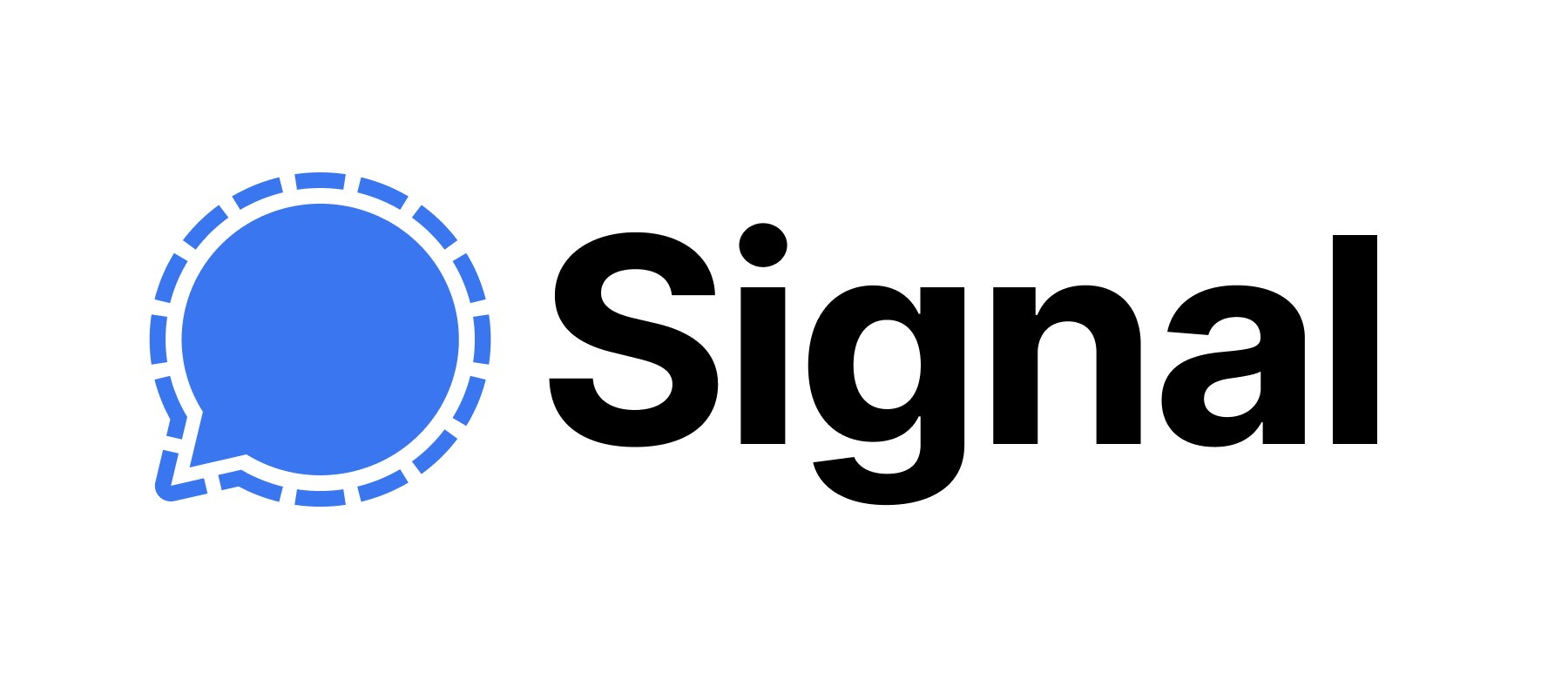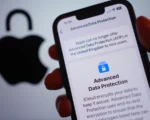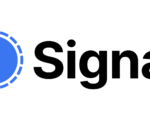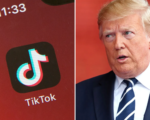Signal president Meredith Whittaker defended the app’s security on Wednesday following a mishap in which U.S. government officials accidentally included a journalist in an encrypted chat discussing potential military action in Yemen. The incident has been flagged by some lawmakers as a national security breach, but Whittaker emphasized Signal’s strength in protecting private communications.
Signal’s Commitment to Security
In a post on X (formerly Twitter), Whittaker described Signal as the “gold standard in private comms” and highlighted the app’s core principles of being open-source, nonprofit, and focused on privacy. She reiterated Signal’s commitment to end-to-end encryption and its efforts to protect metadata—something she argued sets it apart from competitors like Meta’s WhatsApp.
Growing Popularity and Privacy Advocacy
Signal has seen a rise in popularity in both Europe and the U.S. due to its privacy-conscious approach, with minimal data collection from users. According to Sensor Tower, Signal’s U.S. downloads increased by 16% in the first quarter of 2025 compared to the previous quarter, and by 25% compared to the same period in 2024. Whittaker also emphasized Signal’s superiority over WhatsApp, citing the latter’s collection of metadata, which can reveal detailed patterns about users’ communication habits.
WhatsApp’s Response
In contrast, WhatsApp defended its approach in a statement, explaining that metadata is essential for preventing spam and maintaining service integrity. The company assured users that it does not track personal message content or use metadata for targeted advertising.
Conclusion
Despite the security lapse involving U.S. officials, Whittaker’s defense of Signal as a privacy-focused communication tool underscores its growing role in offering secure alternatives to mainstream messaging apps like WhatsApp. The incident also draws attention to the increasing importance of data privacy and the handling of sensitive communications in the digital age.


















